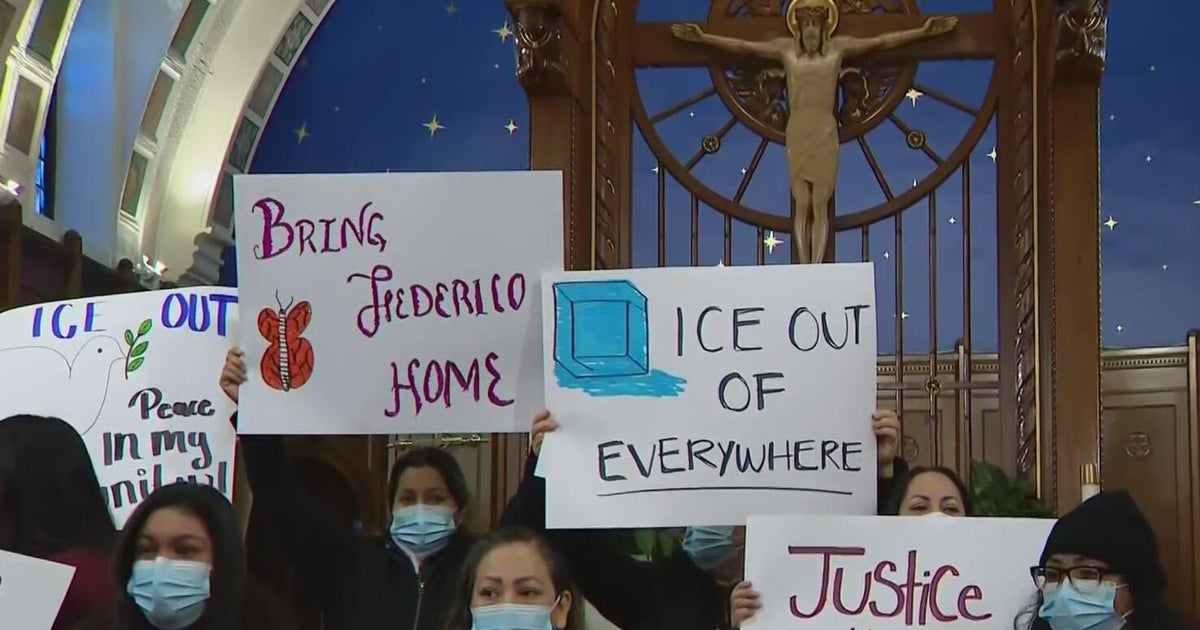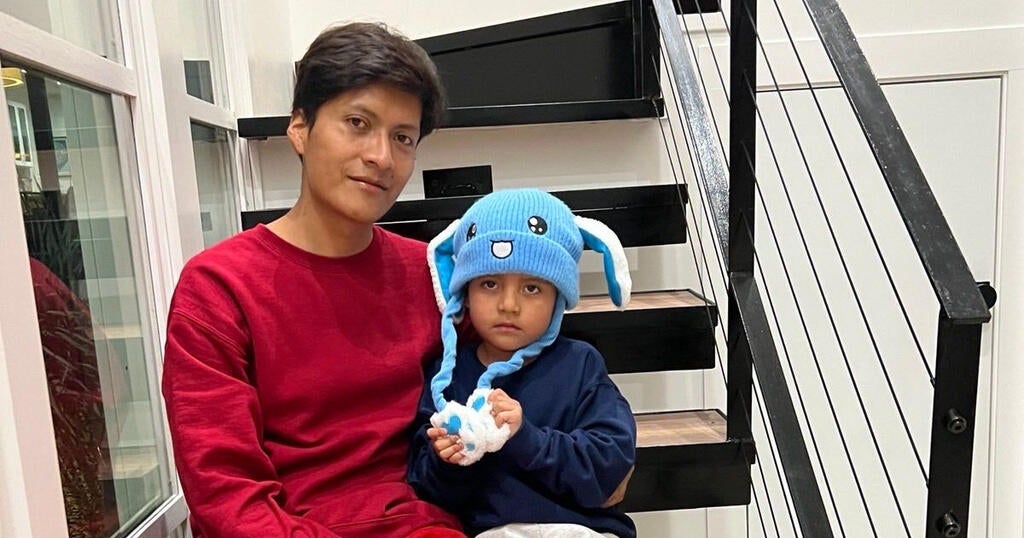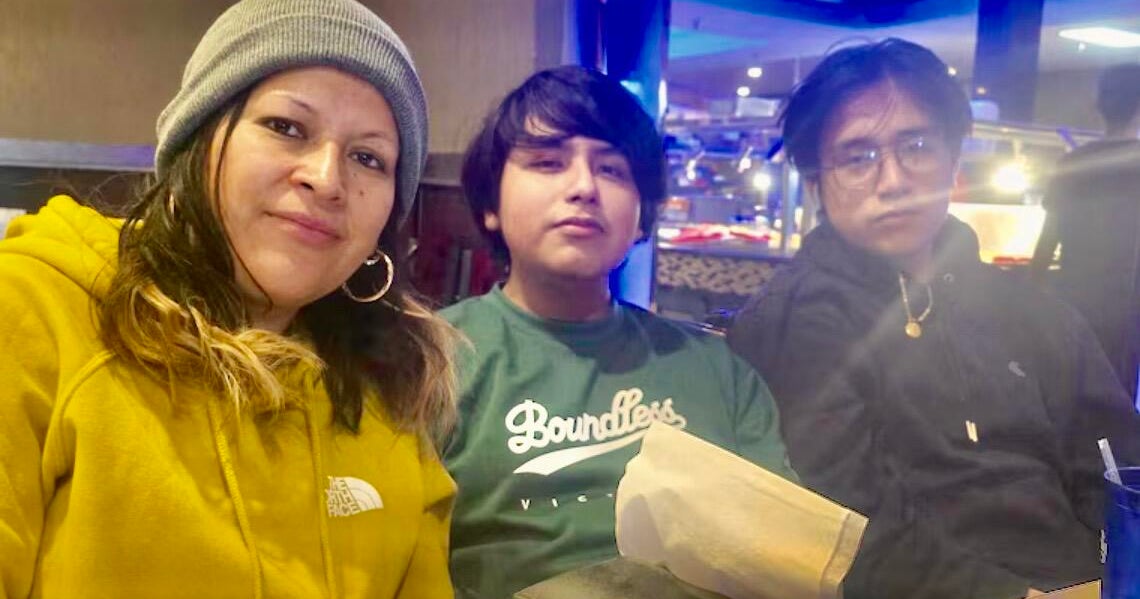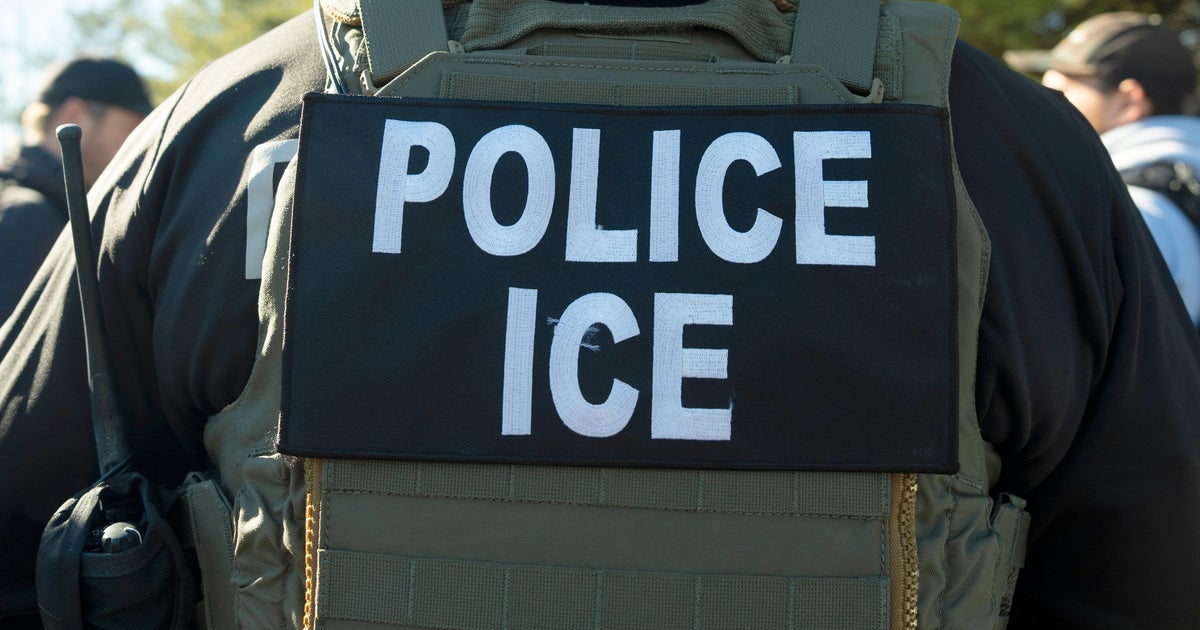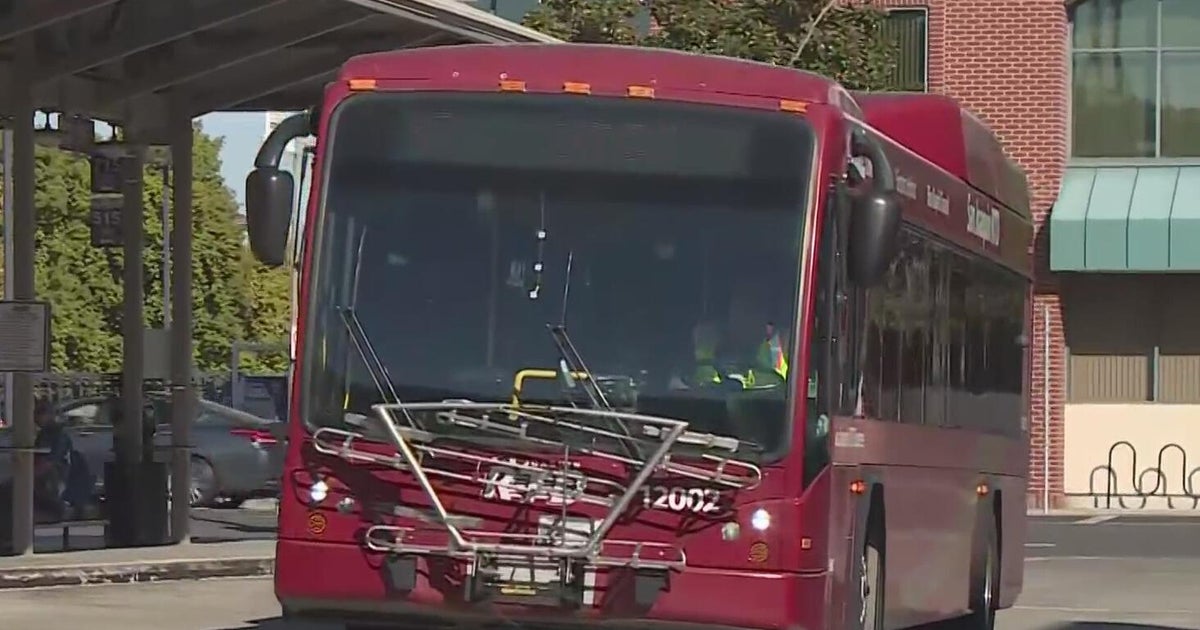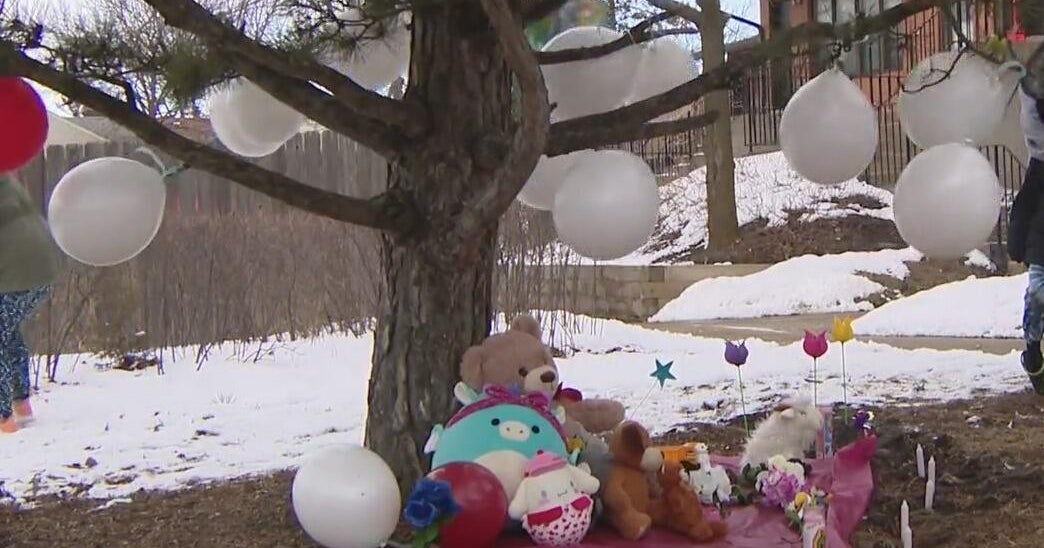Deportations in South Florida, hours before pandemic-era Title 42 ends
MIAMI - Yudisleidy Molina is extremely scared her husband Dachiel may be the next one deported to Cuba. He showed up to an appointment at an Immigration facility in Miami Lakes on Monday.
"He called me telling me they took him to Krome," said Molina fearful for his life after hearing another plane with Cuban migrants arrived in Havana. "If we can deport Cubans, we can deport anybody else, I think that was the message today," said immigration attorney Miguel Inda Romero.
For a while, Cubans were not repatriated because there was no deportation agreement between Havana and Washington, that though has changed and there is growing concern that there will be more deportations – with Title 42 ending in just a matter of hours.
"We are making it very clear that our border is not open, and that coming irregular is against the law," said Homeland Security Secretary Alejandro Mayorkas at a press conference on Wednesday. He reiterated that the Biden administration will begin denying asylum to migrants who did not comply with specific requirements.
In Mexico, migrants have been waiting for weeks, even months for the end of Title 42 to enter the U.S.
"They have this idea that they can just show up on Thursday, and they are going to be up for a surprise. The person who wants to come to the United States and request asylum will have to download an application on their phone and wait for an interview," said Inda Romero.
When CBS News Miami asked him about the migrants who did not download the application, he said, "They will be sent back to Mexico, +and they won't be allowed to come into the United States." This is a substantial change from what happened since March of 2020 when Title 42 was established. A migrant could illegally enter the U.S. multiple times and be processed and expelled to Mexico multiple times. He/she was not incarcerated or fined.
Starting on Thursday, the only guideline will be Title 8, by which a migrant who crosses illegally into the U.S. the first time can face a fine or misdemeanor penalty before he/she is deported and not come back until 5 years later.
Also on Wednesday, Florida Governor Ron DeSantis signed an immigration law in Jacksonville approved by the state legislature. The 43-page bill invalidates driver's licenses and identifications issued by other states to undocumented immigrants. It requires hospitals to ask patients about their status and companies with 25 or more employees are required to do the same to their workers.
"In Floridians (this law signed by the governor) is affecting the workforce, is going to affect the housing," said immigration attorney Inda Romero.
For some of the men who frequently seek a job at the parking lot of a hardware store in SW Miami Dade, the fear factor is greater now.
One of them who asked not be identified said, "I see that (the new law) bad for us we will not come out to get a job, and that is not good,"
The man who says he's awaiting an asylum response and disagrees with the new Florida law which will be in effect as of July 1st, saying that many others like him will not be able to feed their families.


